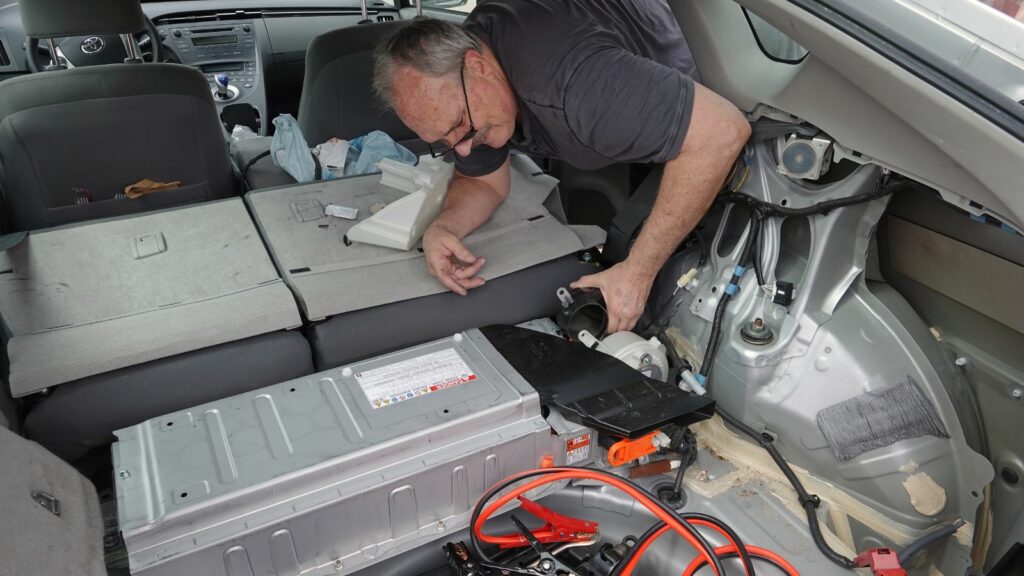Hybrid cars have a reputation for being the perfect balance between gas and electric power, promising efficiency, reliability, and modern tech. But behind the smooth marketing and eco friendly image, owners often deal with issues they would rather not admit to. From expensive repairs to quirks that never get talked about, here are 10 hybrid car problems that drivers tend to keep under wraps.
Battery Replacement Costs
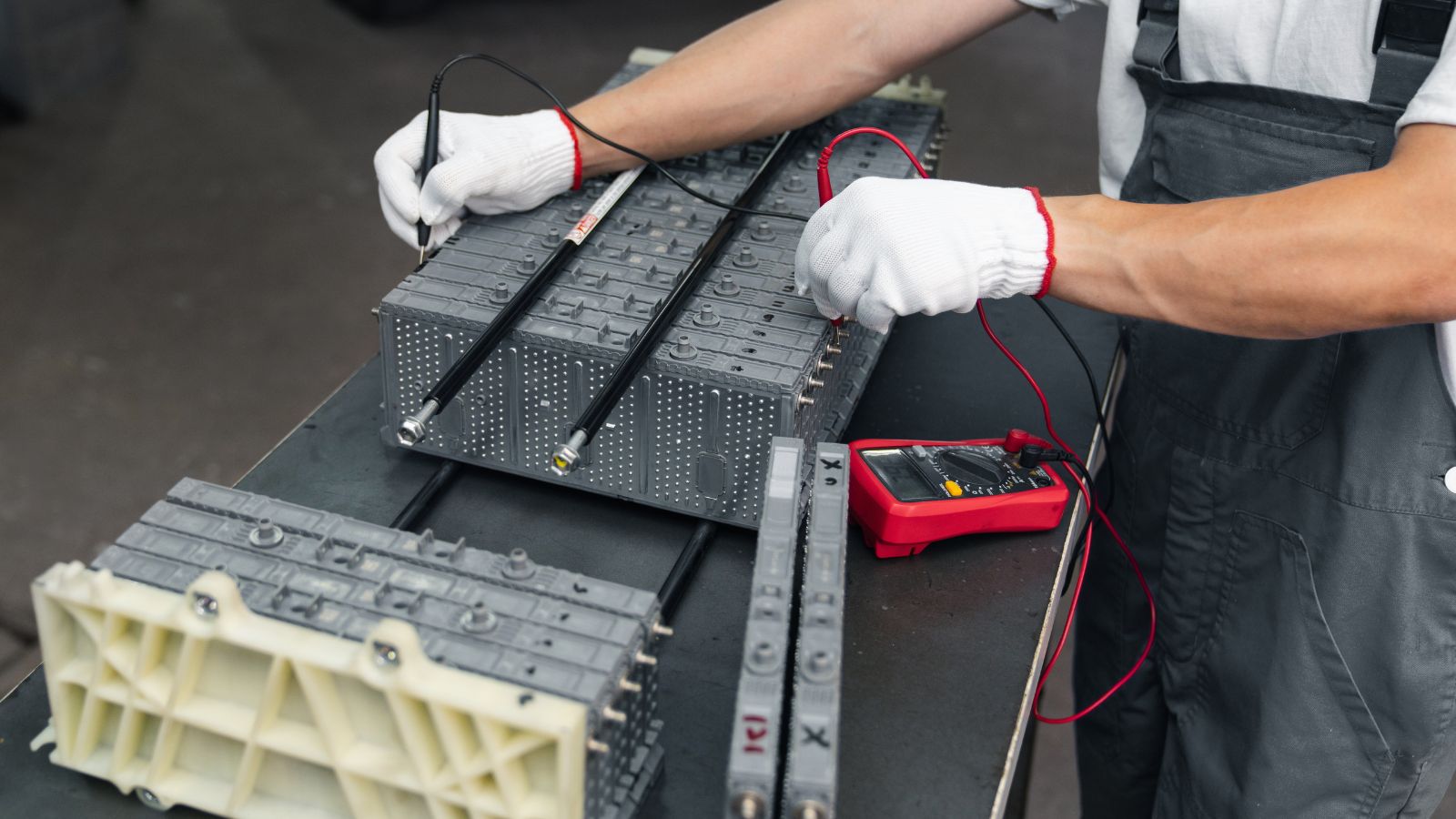
The biggest concern with hybrids is the battery pack. These are not your average 12 volt units but massive, complex systems that cost thousands to replace. While they can last a long time, once they fail, the price tag can be a nasty surprise. Many drivers avoid bringing this up because it undermines the money saving image that hybrids are supposed to have. Owners who have had to face a bill of four to six thousand dollars often regret not budgeting for it sooner. Some try to source refurbished packs, but those come with their own risks and rarely last as long.
Reduced Trunk and Cargo Space
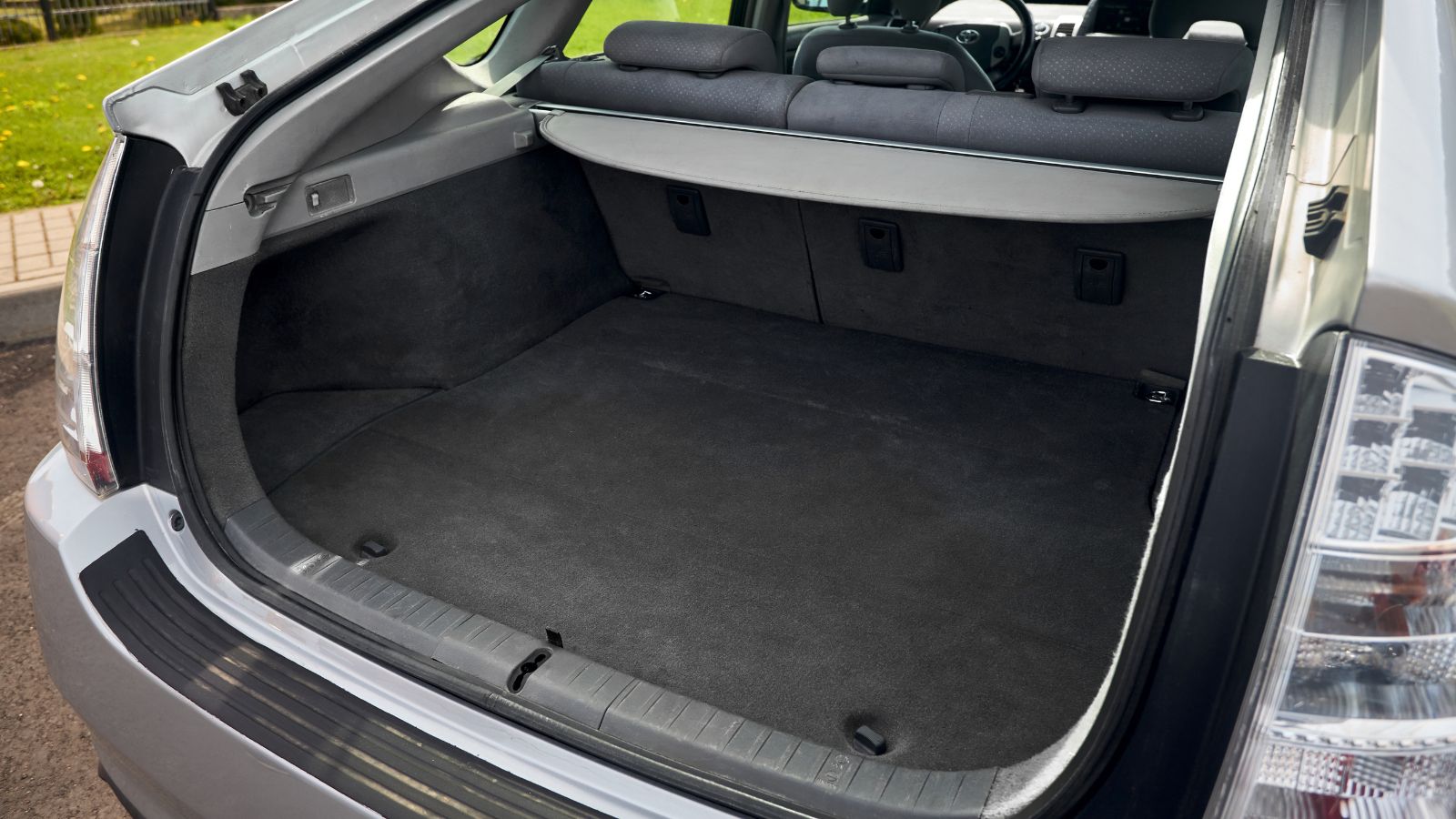
All those battery packs and electric components have to go somewhere, and that often means less room for your luggage or groceries. Some hybrid sedans and hatchbacks sacrifice a big chunk of trunk space to fit the batteries, making them less practical for families or road trips. Owners rarely mention it because they do not want to admit their “practical” car is sometimes less useful than a regular gas model. On longer journeys, this becomes painfully obvious when you need to pack for a family of four and discover you cannot fit both suitcases and a cooler in the back.
Higher Maintenance Costs for Certain Parts
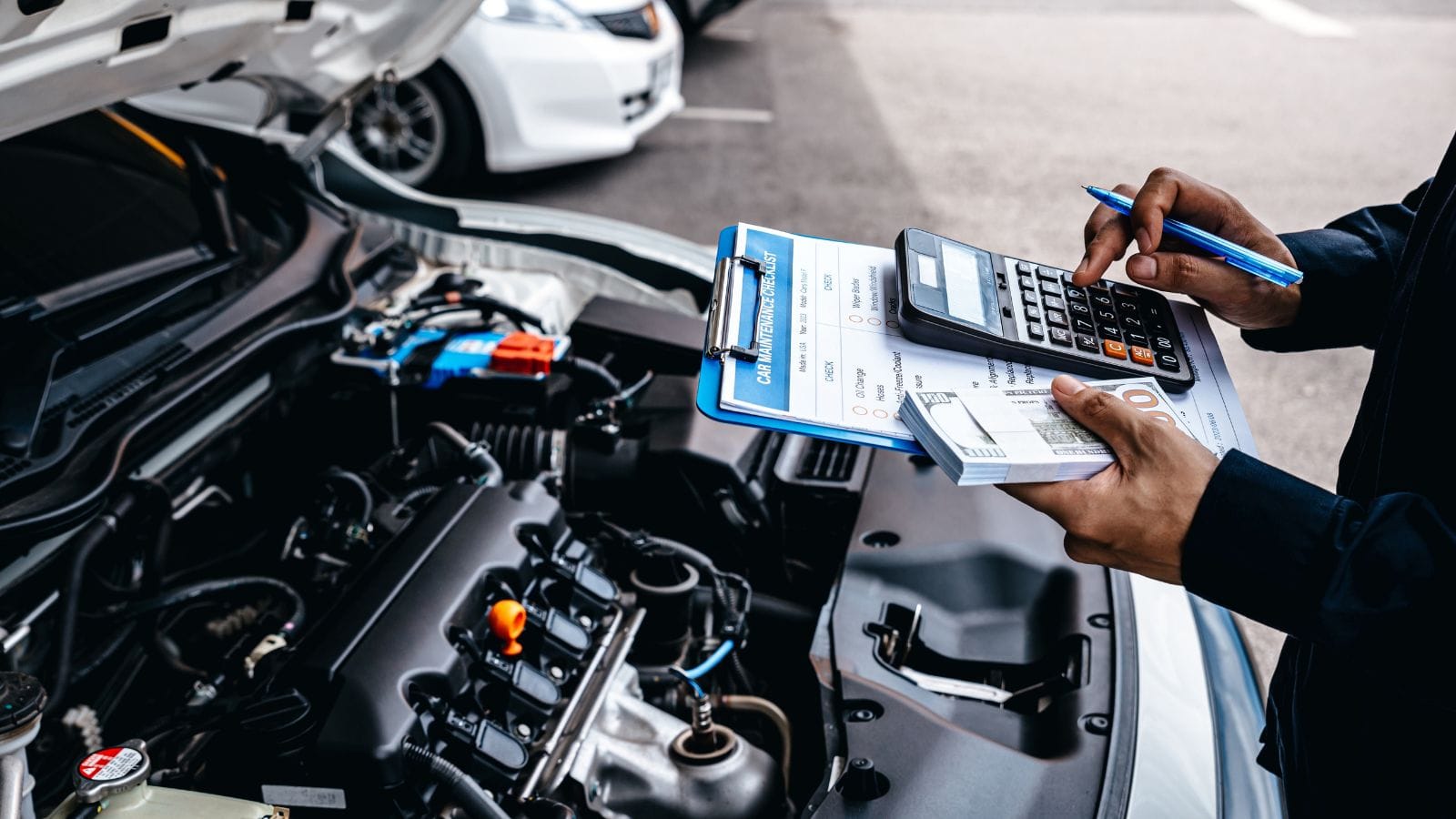
While hybrids are often praised for fewer brake changes thanks to regenerative braking, other parts can be more expensive. Specialized cooling systems, complex wiring, and dual powertrains mean that when something does go wrong, it costs more. Even oil changes may require special procedures. Mechanics trained for hybrids can charge more, and owners often downplay the reality of those service bills. Real world experiences from hybrid taxi fleets show that while the cars save money in fuel, they require far more expensive upkeep at high mileage, which can eat into the savings quickly.
Weaker Performance at Highway Speeds
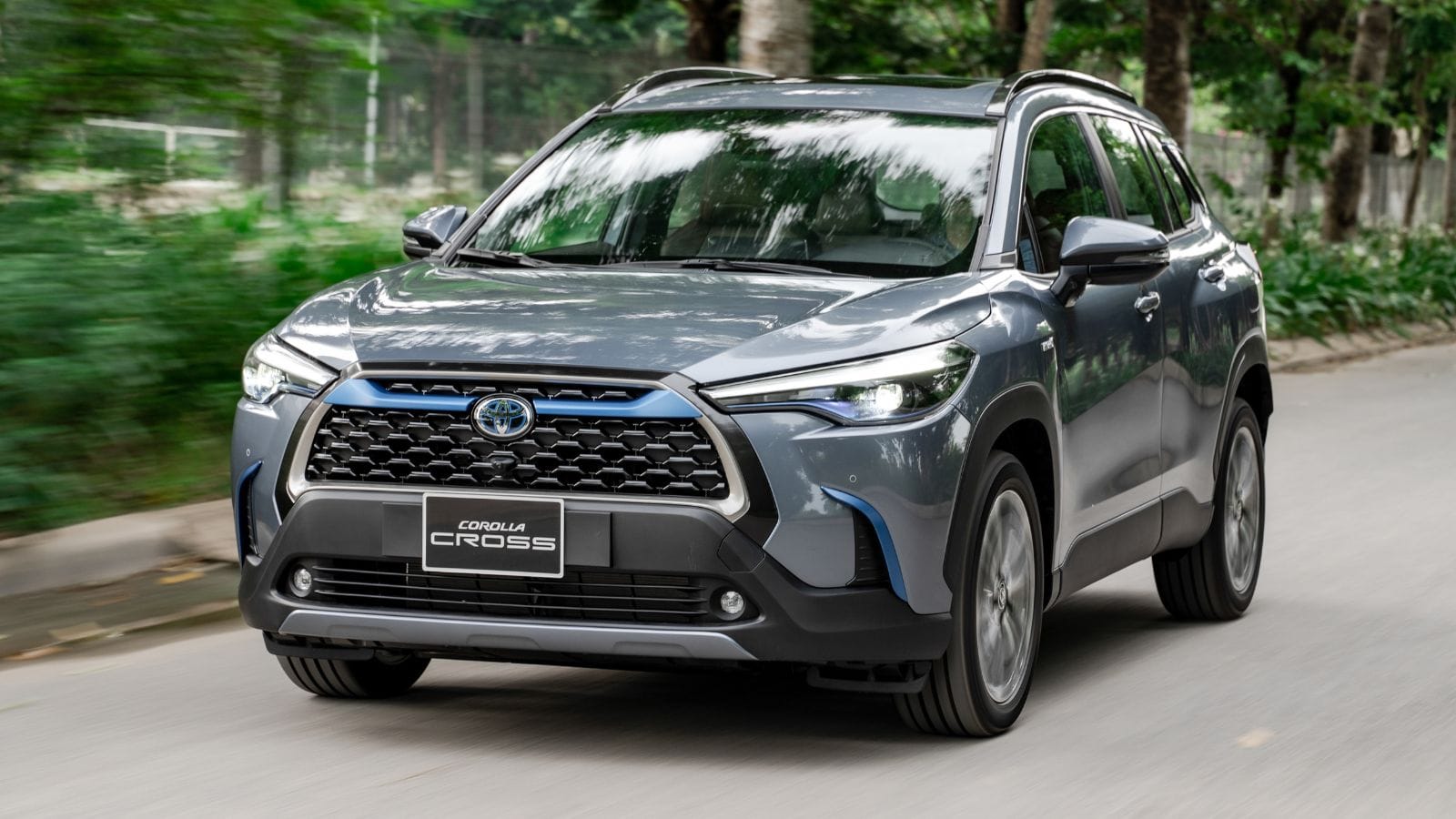
Around town, hybrids feel great with their instant torque and quiet operation. But when you hit the open highway, some models struggle. The smaller gas engines paired with electric motors are designed for efficiency, not passing power. Drivers may not openly admit it, but flooring the pedal for an overtake can leave them wishing for more traditional horsepower. Owners of early Honda and Toyota hybrids often talk about how the cars sound stressed at highway speeds, with the CVT droning loudly while delivering very little extra acceleration.
Limited Towing Capacity
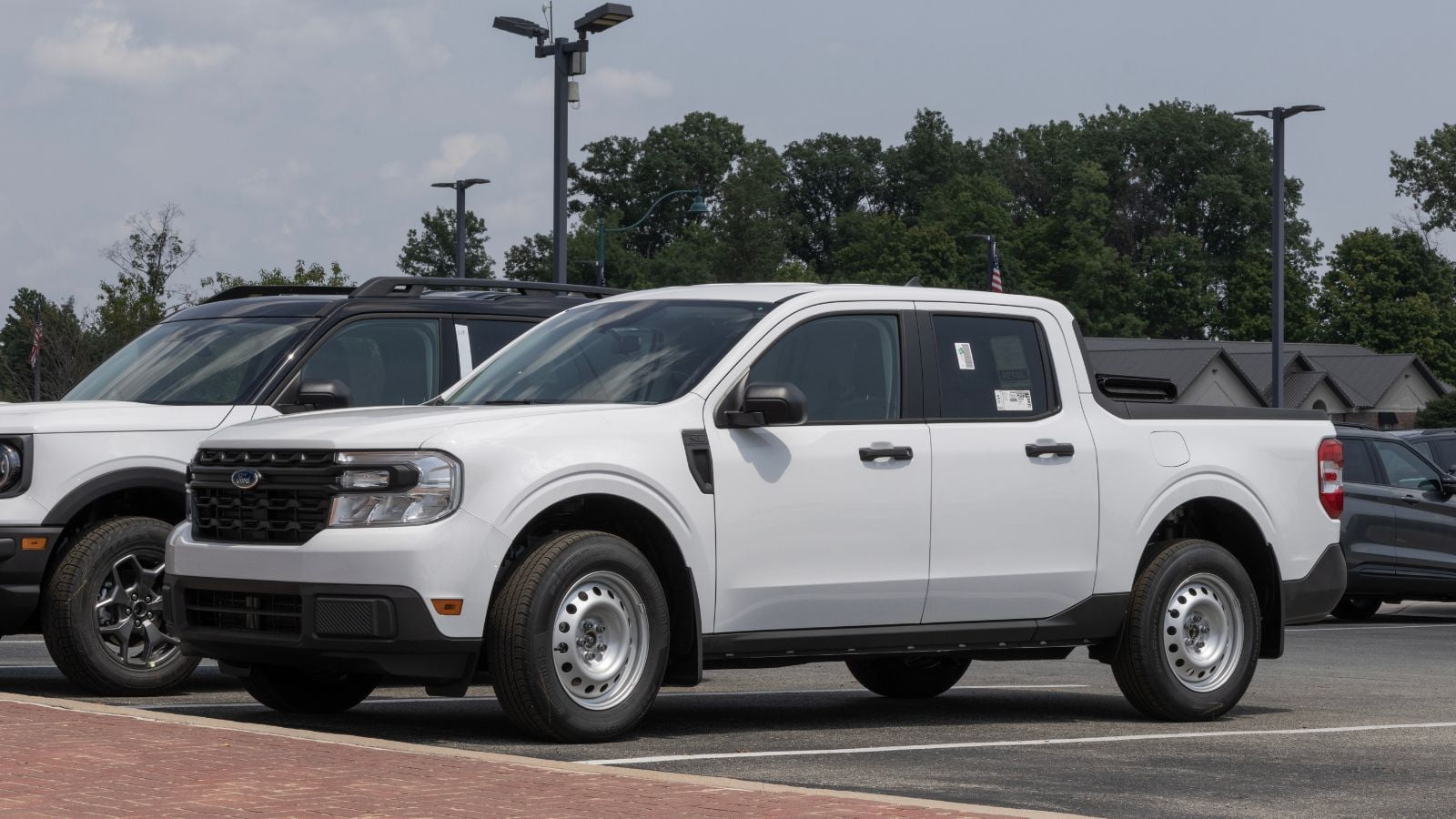
If you plan to haul a trailer or a camper, most hybrids are not your best bet. Their complex drivetrains and lighter duty builds often mean lower towing ratings compared to their non hybrid counterparts. It is one of those topics hybrid owners rarely bring up, especially in truck circles where towing bragging rights mean everything. While some European hybrid SUVs have been engineered to tow decently, most North American offerings are rated so low that owners simply avoid the subject to dodge embarrassment.
Battery Cooling Issues
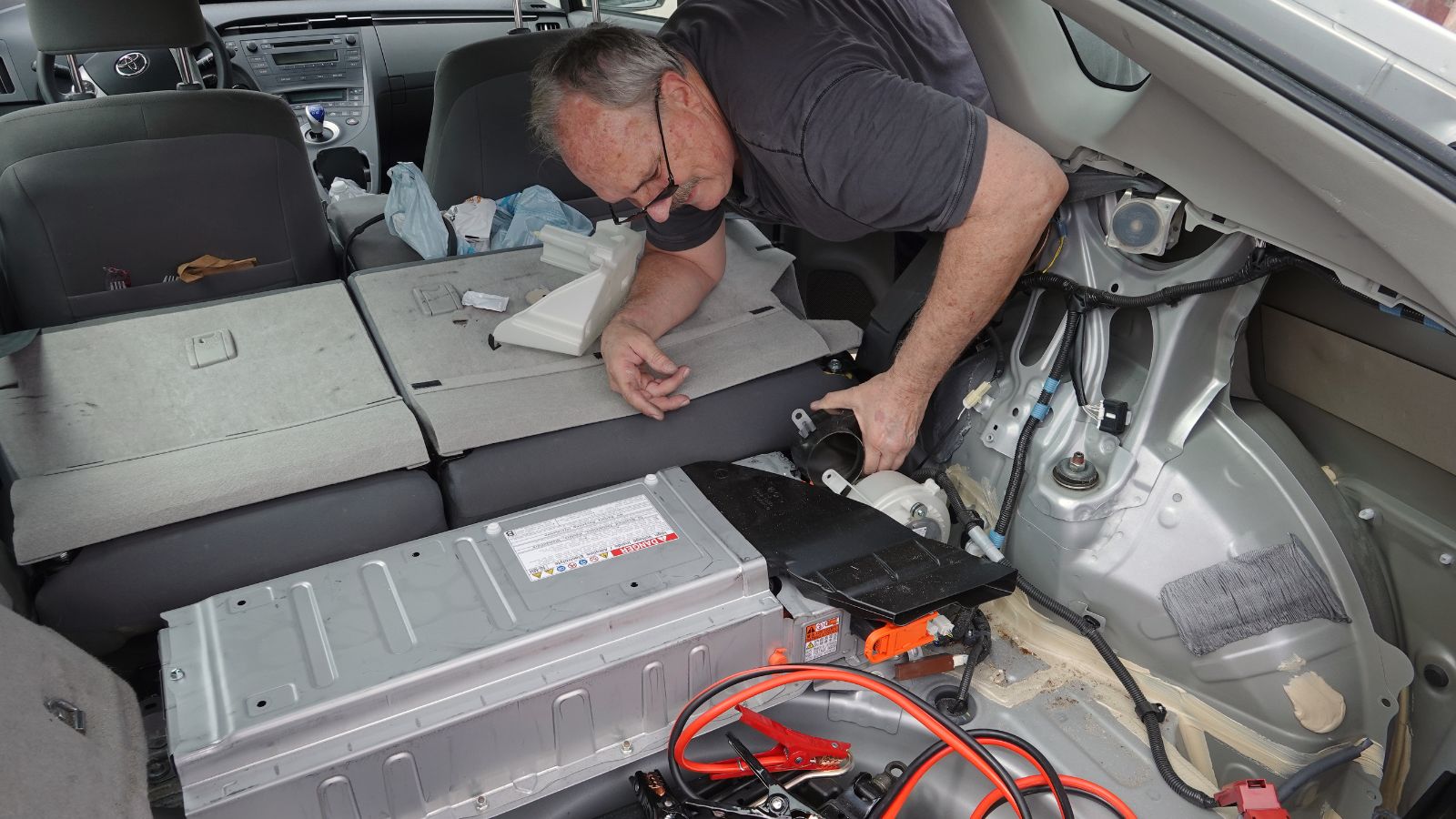
Hybrid batteries generate a lot of heat, and if the cooling system that regulates them gets clogged or fails, performance drops fast. Some owners experience warning lights or reduced power without realizing that dust or pet hair blocking the vents is to blame. It is not a glamorous issue, so many keep quiet about the annoyance until a costly repair is needed. Reports from hybrid forums show that neglected cooling fans and vents can shorten battery life significantly, and yet drivers often keep this detail hidden because it sounds like an oversight they should have prevented.
Transmission Quirks
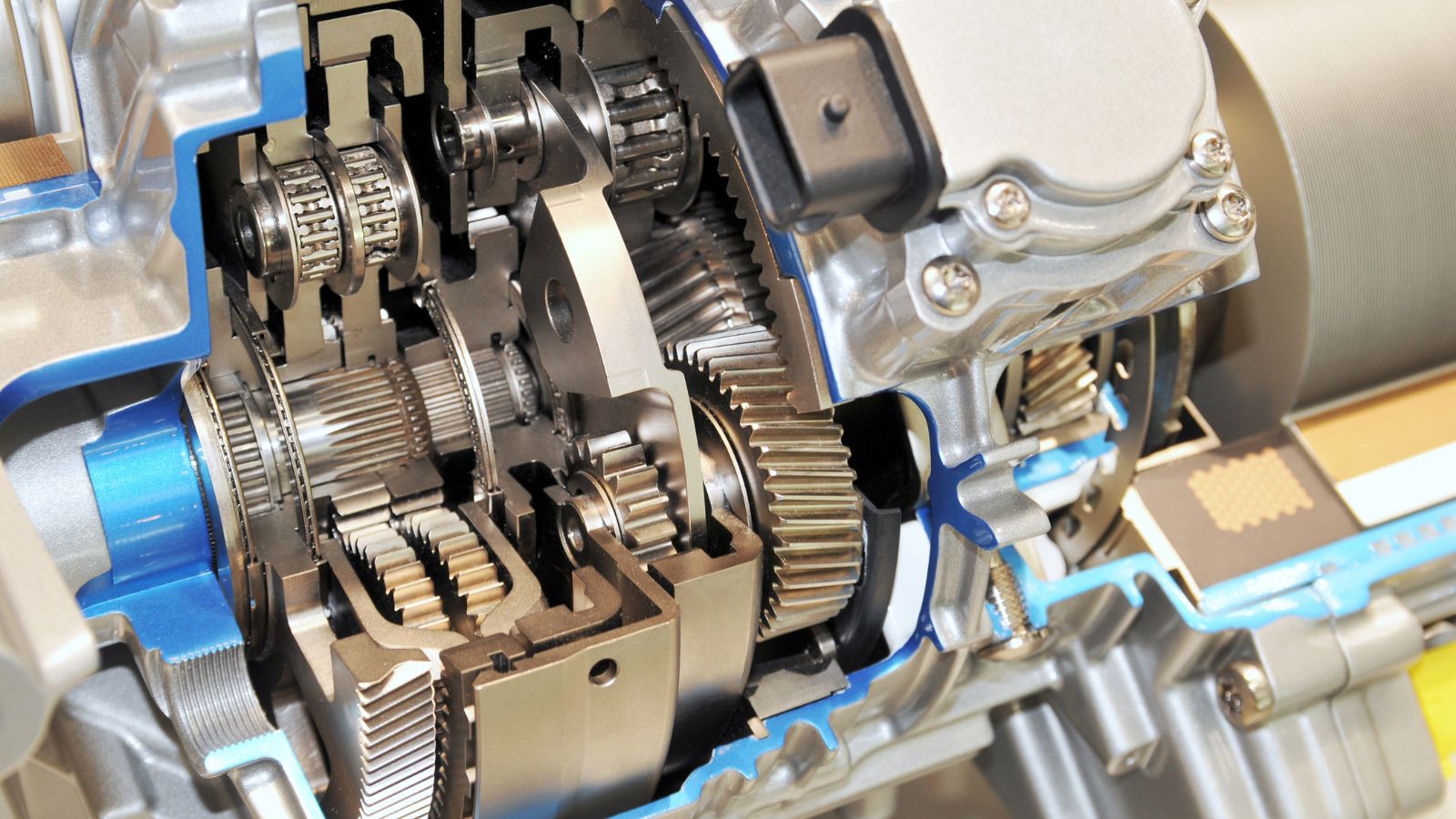
Many hybrids use continuously variable transmissions, or CVTs, which feel very different from traditional automatics. They can drone at high revs, feel less responsive, and make the car seem slower than it really is. Drivers often brush this off when talking about their hybrids, but secretly, some miss the crisp feel of a conventional gearbox. In real world terms, this means drivers hear the engine screaming while the car creeps up to speed, which can make passing maneuvers nerve wracking. Owners may defend the design publicly but admit privately that it makes the driving experience less satisfying.
Battery Degradation in Extreme Weather
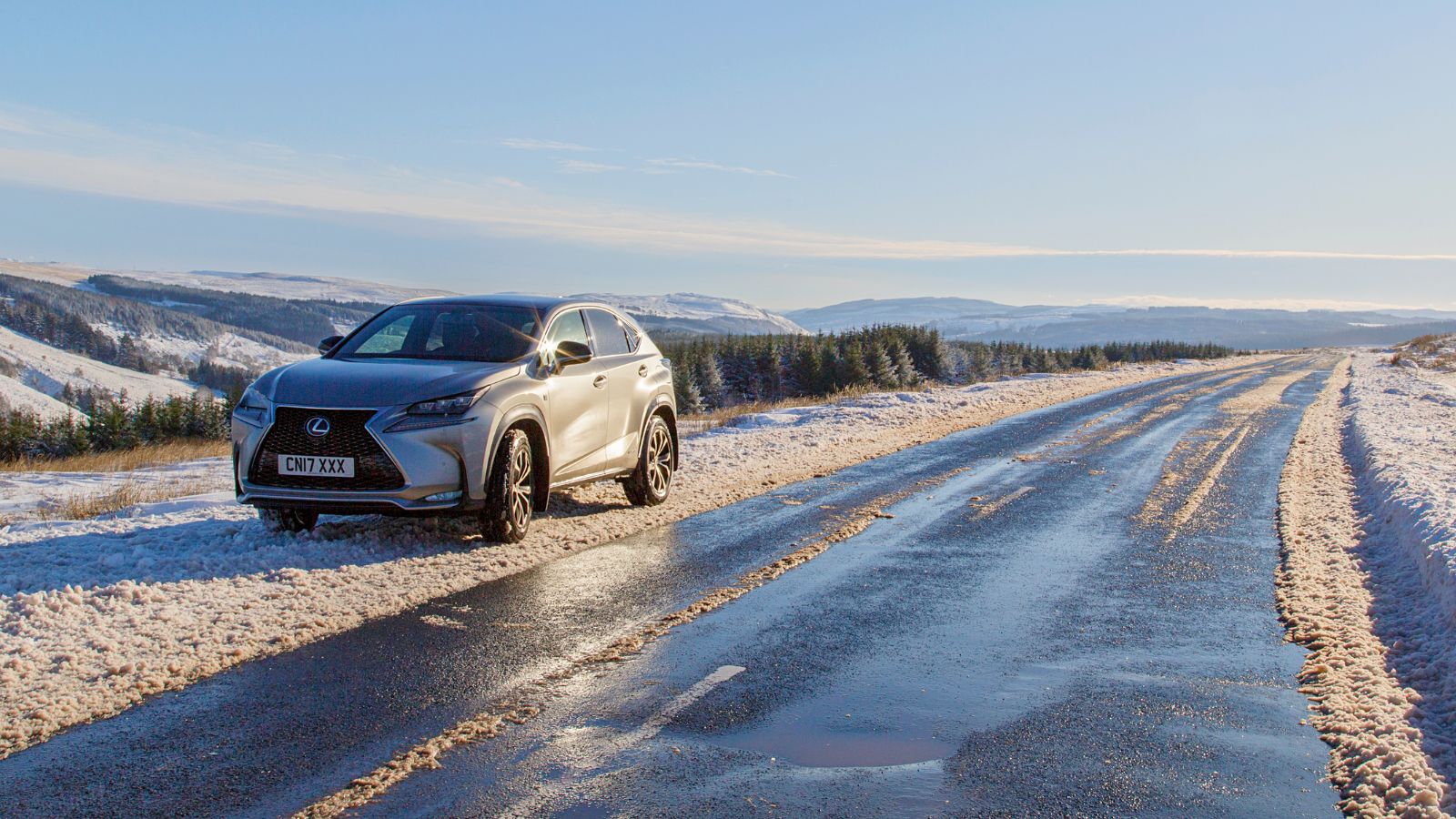
Living in very hot or very cold climates can shorten hybrid battery life. Extreme temperatures stress the cells, leading to quicker loss of capacity and reduced efficiency. This is especially true if the car is parked outside often. Owners in those areas may quietly notice declining performance but do not always admit that their eco friendly car is not aging well. Hybrids in the American southwest and Canadian prairies often face this challenge, where summers or winters are brutal enough to take years off a battery pack’s useful life.
Higher Insurance Premiums

It might surprise new buyers to learn that hybrids sometimes carry higher insurance costs. This is because replacement parts, batteries, and specialized repairs make them more expensive to fix after an accident. While the cars themselves are safe and reliable, the hidden insurance cost is something many owners gloss over when convincing friends to buy one. Drivers often boast about fuel savings but conveniently skip mentioning that their insurance bill went up by twenty percent compared to their old gas car.
Unimpressive Resale Value for Some Models

Not every hybrid is a Toyota Prius. While a few models hold their value well, others lose resale value faster than comparable gas powered cars. Buyers can be hesitant to take on a used hybrid, fearing expensive battery replacements or unknown history. Drivers often avoid mentioning this because it conflicts with the idea that hybrids are a smart long term investment. Models like the Ford Fusion Hybrid or early GM hybrids saw resale values collapse within a few years, leaving original owners stuck with cars that were worth far less than they had expected.
25 Facts About Car Loans That Most Drivers Don’t Realize

Car loans are one of the most common ways people fund car purchases. Like any other kind of loan, car loans can have certain features that can be regarded as an advantage or a disadvantage to the borrower. Understanding all essential facts about car loans and how they work to ensure that you get the best deal for your financial situation is essential. Here are 25 shocking facts about car loans that most drivers don’t realize:
25 Facts About Car Loans That Most Drivers Don’t Realize
